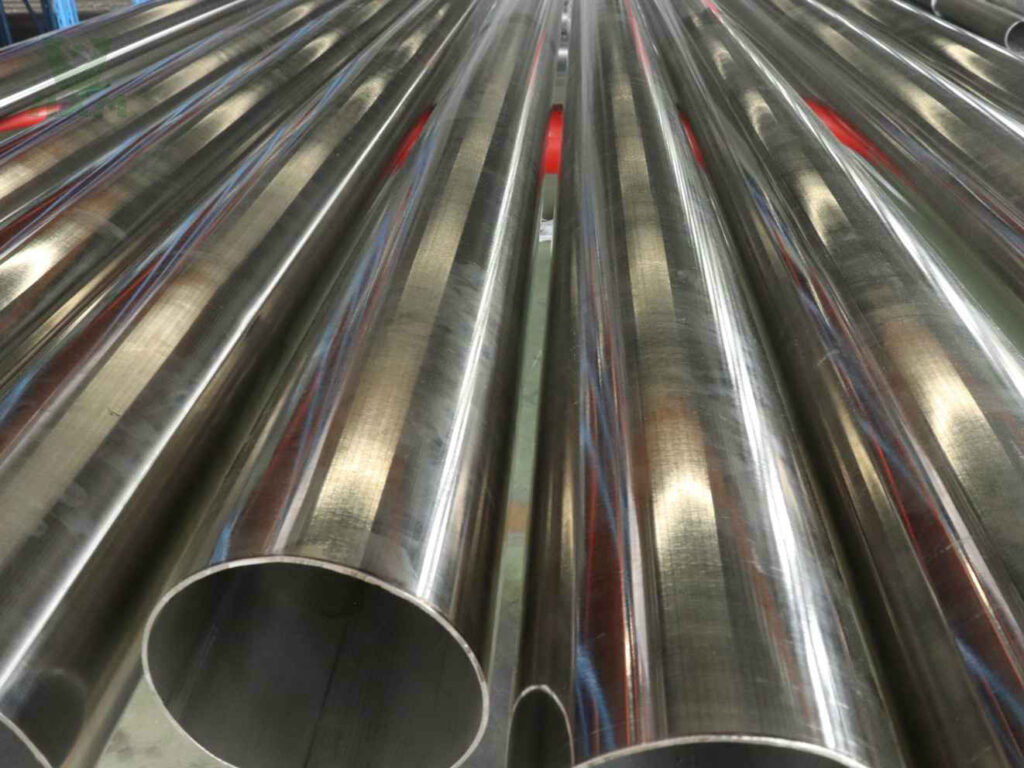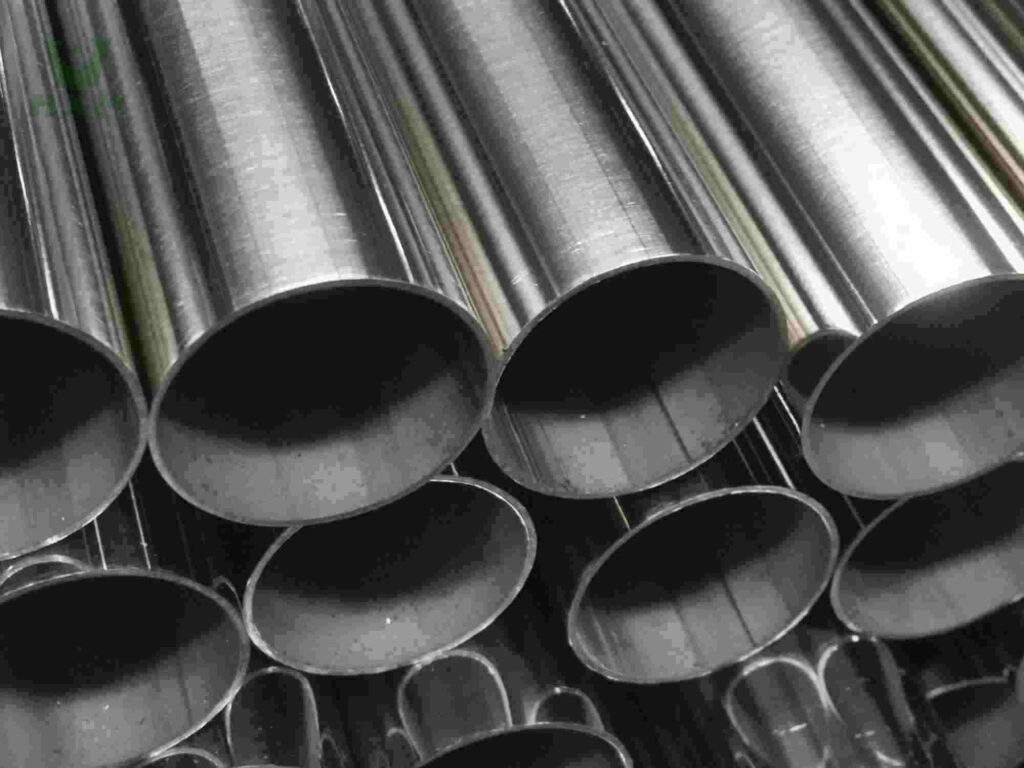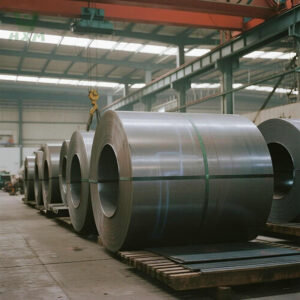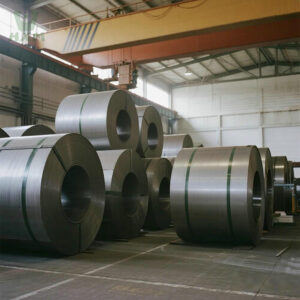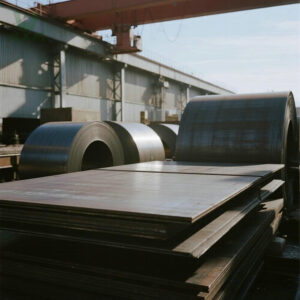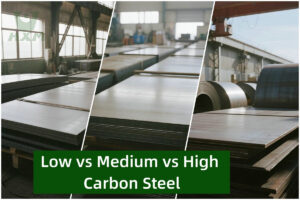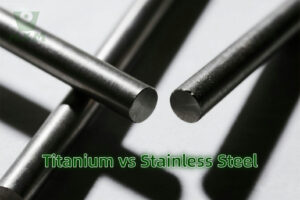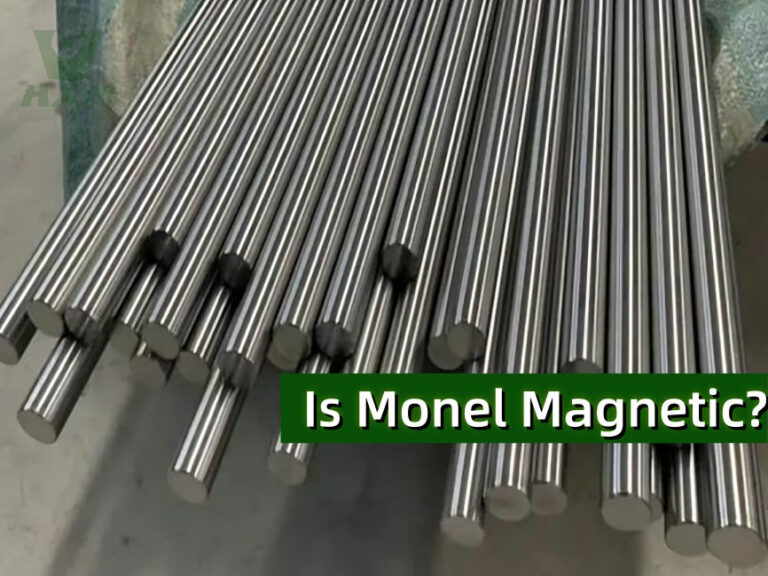
Monel alloys are generally non-magnetic under normal conditions, but certain factors can influence their magnetic behavior. Below is an in-depth look into why Monel typically lacks magnetism, what specific conditions can alter this property, and the implications for its use.
1. Basic Composition and Magnetic Behavior of monel metal
Monel alloys are primarily composed of nickel and copper, with nickel content ranging between 63% and 70%, while copper makes up the majority of the remainder. Although nickel itself is a ferromagnetic material, when alloyed with copper, which is non-magnetic, the overall alloy becomes non-magnetic under standard conditions.
2. Magnetic Properties of Different Monel Grades
- Monel 400: This common grade is composed of around 67% nickel and 30% copper, making it generally non-magnetic at room temperature. However, slight magnetism can be induced if the material undergoes cold working, which alters the atomic arrangement.
- Monel K500: This grade, which includes small amounts of aluminum and titanium, also exhibits non-magnetic properties in its annealed condition. However, specific heat treatments or cold working can cause slight magnetic behavior due to the formation of intermetallic compounds.
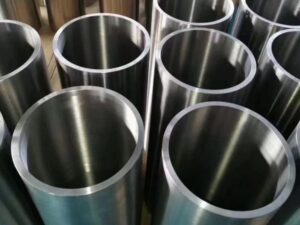
Monel k500 is a precipitation-hardened nickel-copper alloy, also known as Alloy K500. Huaxiao-alloy is a professional Monel k500 supplier in China with a more competitiver price.
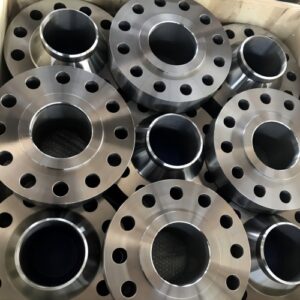
Monel 400 (UNS N04400, NCu30) The organization of Monel 400 alloy is a high-strength single-phase solid solution, which is one of the most used, most versatile, and excellent all-around corrosion-resistant alloys.
3. Factors That Influence Magnetism of Monel metal
- Cold Working: This process can change the atomic structure of Monel, aligning nickel atoms and inducing weak magnetic properties.
- Heat Treatment: Certain heat treatments, especially in Monel K500, can lead to partial magnetism as precipitates form in the alloy.
- External Magnetic Fields: Although Monel alloys are typically non-magnetic, they can react to strong external magnetic fields, showing weak magnetism or temporary magnetization.
4. Applications Benefiting from Non-Magnetic Properties
- Marine Engineering: The non-magnetic nature of Monel is advantageous in shipbuilding and underwater pipeline construction, preventing magnetic interference with navigation systems.
- Aerospace and Defense: Monel is used in components where non-magnetic properties are essential to avoid interference with sensitive instruments.
- Chemical Processing: Monel’s corrosion resistance and non-magnetic properties make it valuable in chemical environments where magnetic interactions must be avoided.
Conclusion——Is Monel Magnetic?
In summary, Monel alloys, including Monel 400 and Monel K500, are generally non-magnetic under standard conditions due to their high copper content. However, factors such as cold working and specific heat treatments can induce slight magnetic properties. When selecting Monel for applications, it is essential to consider these characteristics to ensure suitability.
For reliable, high-quality Monel alloys that meet your industrial needs, Huaxiao Alloy is your trusted partner. Our products meet SGS ISO 9001 standards, providing top-quality performance and competitive pricing to deliver the best value for your projects.

Monel k500 is a precipitation-hardened nickel-copper alloy, also known as Alloy K500. Huaxiao-alloy is a professional Monel k500 supplier in China with a more competitiver price.

Monel 400 (UNS N04400, NCu30) The organization of Monel 400 alloy is a high-strength single-phase solid solution, which is one of the most used, most versatile, and excellent all-around corrosion-resistant alloys.
Monel alloys, such as Monel 400 and Monel K500, are typically considered non-magnetic or very slightly magnetic under normal conditions. However, some Monel alloys may exhibit slight magnetic properties depending on the processing and service conditions, such as exposure to low temperatures or extensive cold working.
To identify if a metal is Monel, you can:
- Visual Inspection: Monel often has a silvery-white appearance.
- Density Test: Monel alloys typically have a density between 8.8 and 8.9 g/cm³, which is higher than many common metals.
- Chemical Analysis: Perform a spectroscopic analysis to check the composition. Monel typically consists of around 63% nickel and 28-34% copper, along with small amounts of iron and manganese.
- Spark Test: Monel produces a shorter, darker spark compared to steel when tested using a grinder.
Monel 405, a free-machining version of Monel 400, is generally non-magnetic under standard conditions. However, it can develop slight magnetism if exposed to cold working or specific environmental conditions.
Monel K500 can exhibit slight magnetic properties due to the addition of aluminum and titanium, which form submicroscopic particles during age-hardening. While it is primarily considered non-magnetic, certain factors such as cold working or low-temperature exposure can enhance its magnetic properties.
Monel alloys are generally non-magnetic or only slightly magnetic. However, specific manufacturing processes, mechanical deformation (such as cold working), or certain service conditions can induce slight magnetism in some Monel alloys.
- Composition: Monel 400 is primarily composed of nickel (63%) and copper, with small amounts of iron and manganese. Monel K500 has a similar base composition but includes additional elements like aluminum (2.3-3.15%) and titanium (0.35-0.85%).
- Mechanical Properties: Monel K500 is stronger and harder than Monel 400 due to its age-hardenable properties from the inclusion of aluminum and titanium.
- Magnetic Properties: Monel 400 is generally non-magnetic, while Monel K500 can exhibit slight magnetic properties due to its precipitation-hardening process.
- Applications: Monel 400 is often used in situations requiring excellent corrosion resistance, such as in marine and chemical environments. Monel K500, with its higher strength, is used for more demanding applications such as pump shafts, fasteners, and valve components.
Our competitive Monel products
Recent Blog
If you found this article good, feel free to share it on your other social media platforms.

